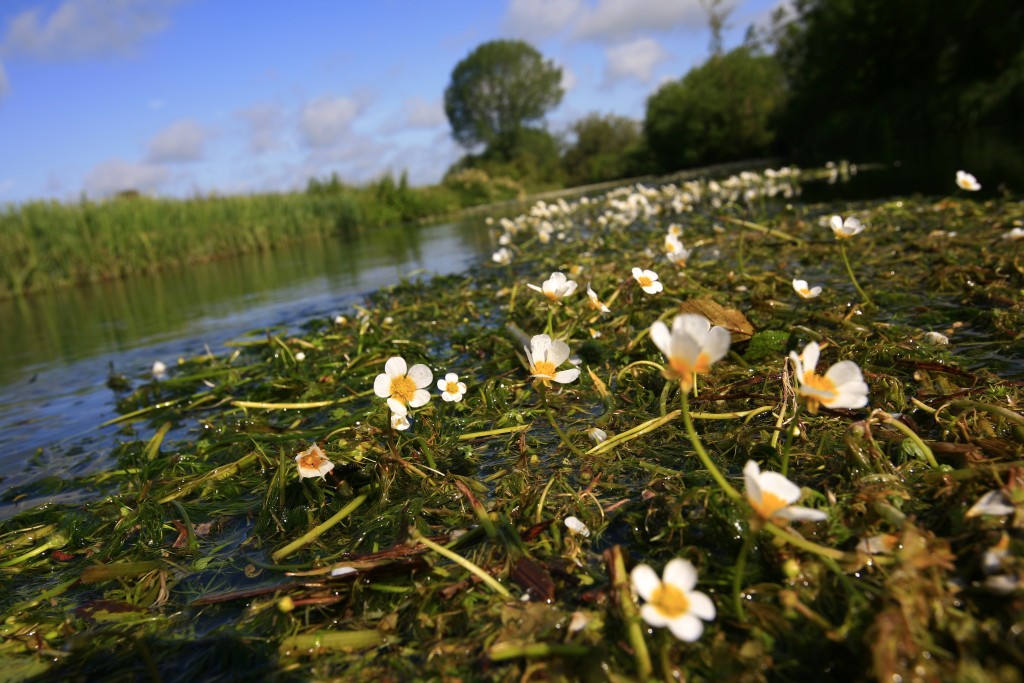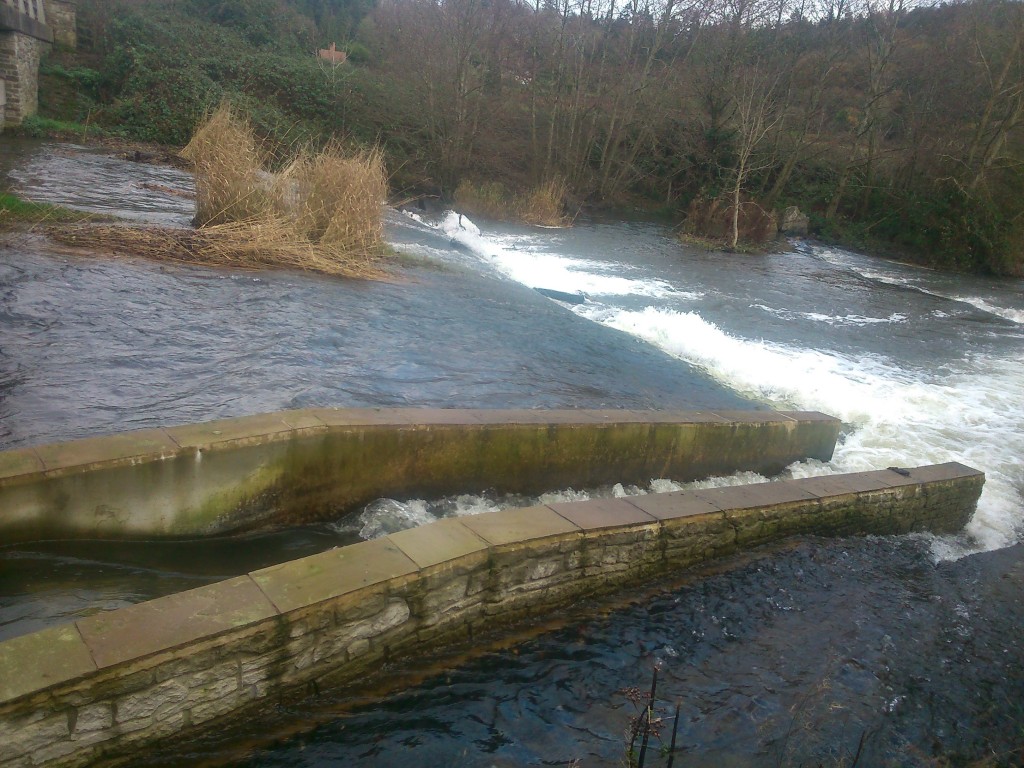It’s been a few weeks since the EU referendum result and a lot has changed already. We’ve got a new PM, a new Secretary of State for the Environment, and several new departments. However, there is still a lot of uncertainty and I have a feeling that will be the norm for quite a while as we adjust to our new reality.
The need to protect the environment, however, has not changed. Let’s not forget that only 17% of English rivers are healthy so inaction is not really an option.

The most important tool to protect our rivers
It’s important to remember that the Water Framework Directive (WFD), once called the English Directive, is the most important tool for protecting our rivers, lakes and wetlands. Its ambition – for these places to be healthy – is one few can argue with. Luckily, it is also enshrined in UK law so would require an Act of Parliament to change it.
What do we know at a time of uncertainty?
There are a lot of ‘don’t knows’ at the moment. We don’t know what’s going to happen over the next few months. What will our relationship with the EU be? Will the nature directives remain in force? What is the vision that our new Environment Minister will be setting out? What will our new agricultural policy look like?
In the midst of all these don’t knows, I thought I’d focus on what we do know.
We know we don’t simply work to improve the environment because it is written into European legislation. There are tangible, costed benefits – water bills are lower as companies spend less on cleaning the water before we drink it, people are happier and healthier if they have access to the environment, and better land management can protect people and businesses against flooding and drought.
We also know that the WFD helped spur the government to commit to catchment management approaches. Whilst there’s a heck of a lot more to do, the fact that there are over 100 catchment partnership across England, made up of environment groups, businesses and water companies, all working together to improve the health of our rivers and lakes, is some feat.

The catchment based approach has really delivered. Individual catchment partnerships have, in some cases, turned £1 of government investment into £4 benefit and been the catalyst for innovation, enthusiasm and results. Trent Rivers Trust is leading the way by using sediment fingerprinting to identify where polluting silt is coming from the catchment; Westcountry Rivers Trust hosted a river festival to help communities fall in love with their river again; and the Cam & Ely Ouse Partnership has brought together businesses and farmers to tackle agricultural pollution in East Anglia.
Looking ahead, we need to be replicating these successes and ensuring the right policies, rules and commitments are in place to allow us to do so.
We need to pull together
Projects like WaterLIFE and smart catchment management are needed now more than ever. The environment cannot afford to simply stall while the government adjusts to this seismic change in British politics. Now is the time to shout about our achievements. Yes there will be challenges – funding will be at the forefront of many people’s minds – but I’m with Laurence Couldrick, Director at Westcountry Rivers Trust, when he called for environmental supporters to “pull together and provide a strong voice for our land, rivers and seas during this time of change” so that we can achieve the change we want.
Hannah Blackburn, WWF-UK
